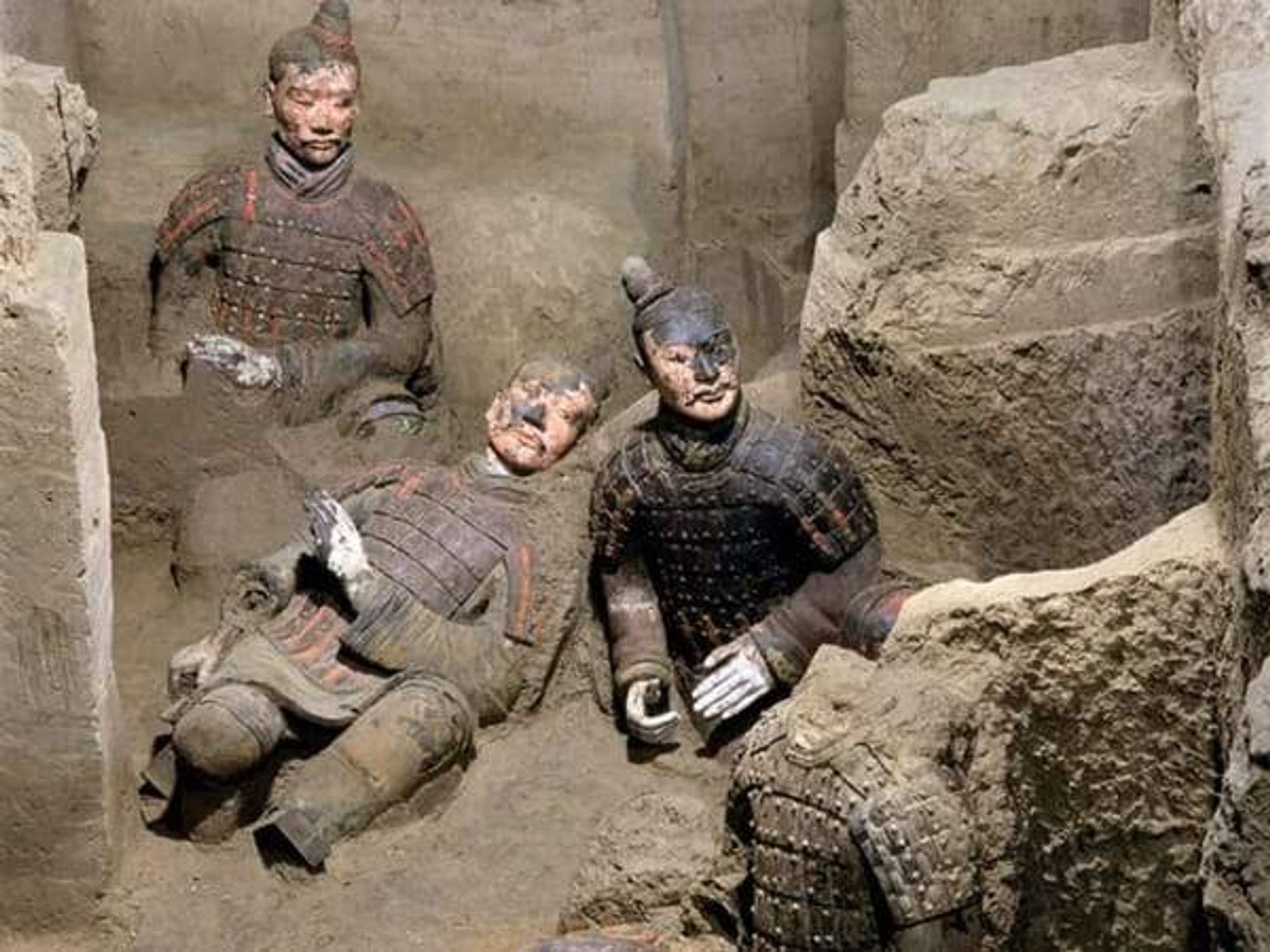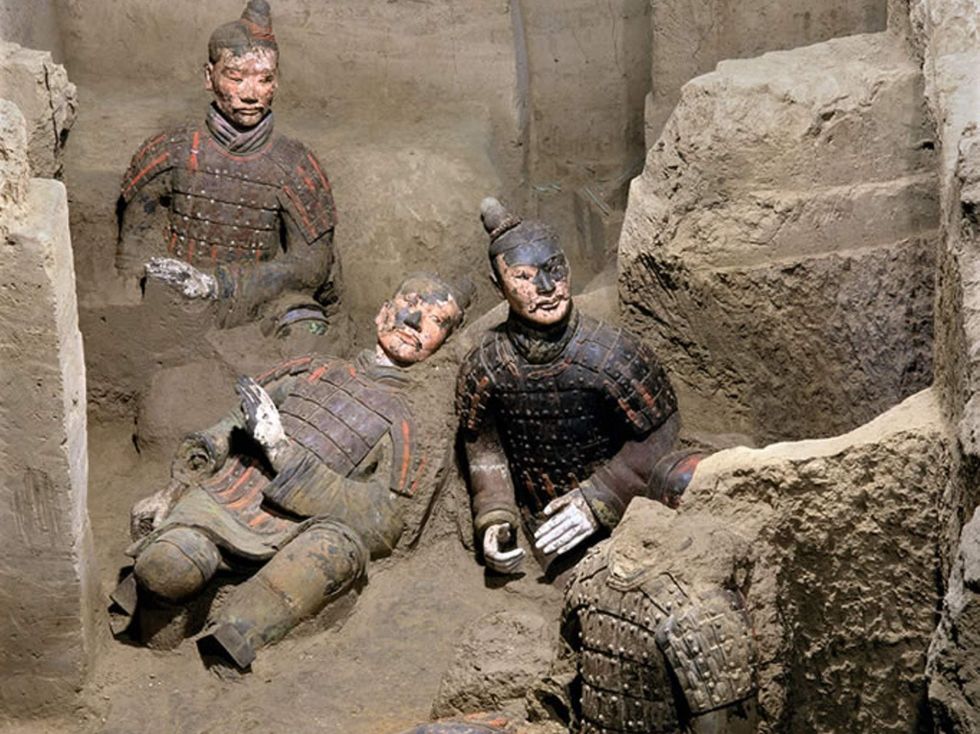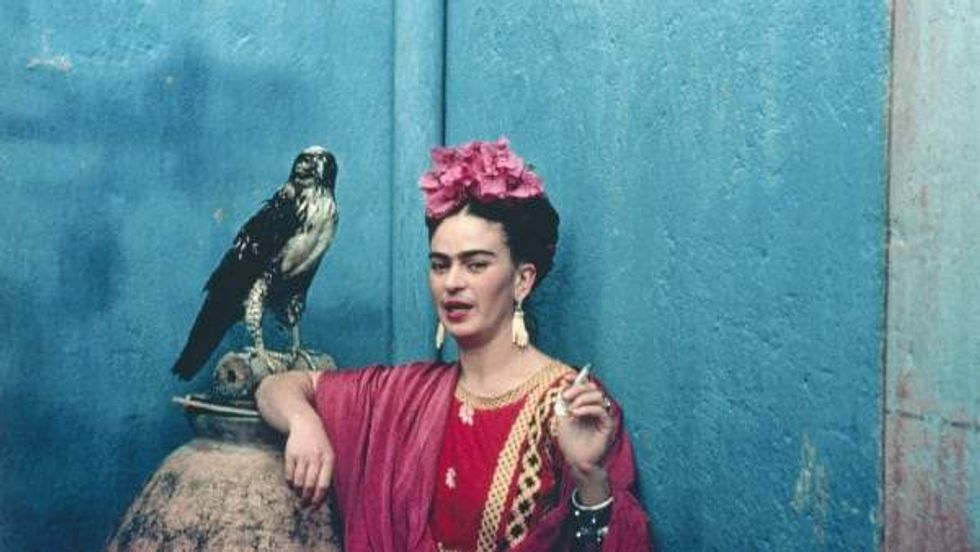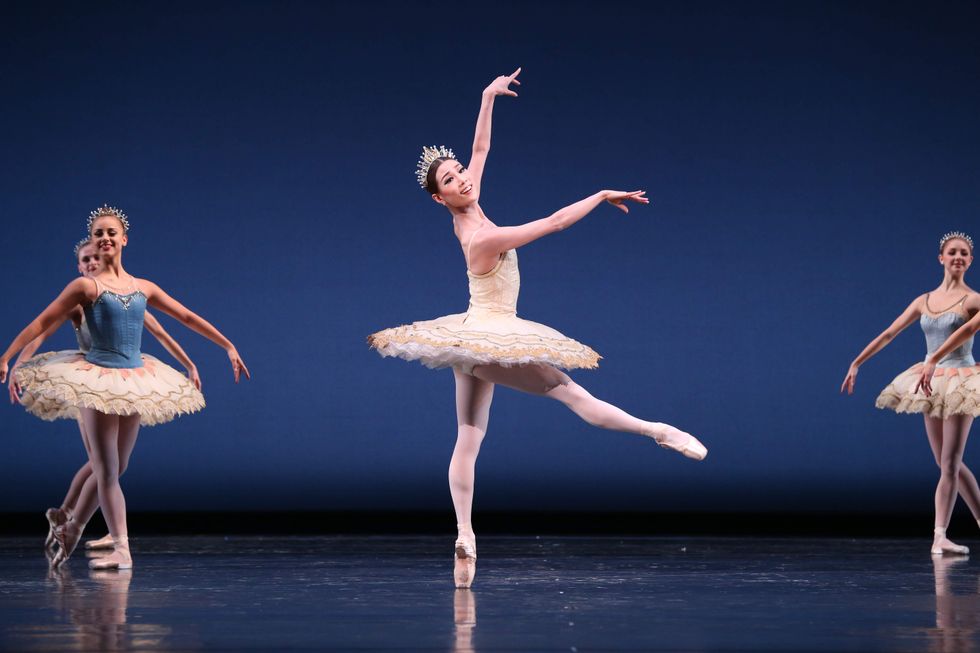Song of Houston: East + West
Galveston meets Azerbaijan in Houston Grand Opera's promising Your Name Meansthe Sea
“Galveston, oh Galveston, I still hear your sea winds blowing, I still see her dark eyes glowing, she was 21 when I left Galveston,” sang Glen Campbell in 1969.
Change those dark eyes to blue and you’ve got the basic back-story of Your Name Means the Sea, a new opera by Franghiz Alizadeh, which Houston Grand Opera premiered Saturday night at the Wortham Center's Cullen Theater.
The narrator isn’t a reminiscent American soldier in Vietnam, however. He’s a handsome Azerbaijani mugam singer whose mother would rather have him focus on his career than a blonde American girl named Denise.
The work is yet another installment in HGO’s Song of Houston: East + West project, described in program notes as “a multi-year initiative which celebrates Houston as a meeting place for Eastern and Western cultures.”
Last autumn, the company premiered José “Pepe” Martínez’s To Cross the Face of the Moon (Cruzar la cara de la luna) under this rubric, even if it was a mariachi opera that had nothing to do with east and west, but rather north and south (Houston, northern Mexico, and the perils of three generations caught in between). Wildly successful, in September it will have its French premiere at the lovely Théâtre du Châtelet in Paris. In February HGO staged Eugenie Chan and Jack Perla’s Courtside, which focused on a Chinese basketball star, and which unfortunately I missed.
At only 35 minutes, Your Name Means the Sea is hardly an evening-length work, and it gives the impression of being put together somewhat hastily for the premiere. That said, the additional chamber works which fleshed out the evening, were nothing short of thrilling, offering viewers an opportunity to see and hear this sophisticated Azerbaijani composer play her own music. Together, the fascinating selections formed what seemed like an extensive overture to the opera, and it worked.
Alizadeh, sumptuously dressed in a black evening gown and wearing a long silk-brocade shawl, solemnly walked on stage and then sat at the piano to perform her 1989 Music for Piano. Some of the strings had been prepared with hardware to give portions of the piano the sound of a traditional Azerbaijani instrument, with a different set of resonating overtones. It was a passionate kind of fantasia, dramatically alternating high and low registers and giving an impression of great inner turmoil.
As she continued to play, the young singer Babek Niftaliev wandered on stage to begin her Bayati Shiraz, the composer still at the piano and the two joined by Fakhraddin Dadashov playing the kemancha, a traditional Azerbaijani stringed instrument. Niftaliev brings new meaning to the phrase “golden voice” and exudes considerable charisma in front of an audience.
Next, a talented young string quartet appeared in the shadows and began Mugam Sayagi standing at some distance from each other and later moving downstage to continue the lengthy work while seated, some of them alternating on drum, gong and triangle. It’s a kind of signature work Alizadeh wrote in 1993 for Kronos Quartet, capturing the moods of Azerbaijan’s war with Armenia over the Nagoro-Karabakh region. All of this was beautifully layered and played with stunning conviction.
The curtain rose to reveal Ryan McGettigan’s simple set of painted screens evoking a Galveston beach, with the ensemble of chamber musicians off to one side. This scene was transformed into a living room at times by the addition of a few chairs. It was classy, colorful and an easily sustainable choice for the action of the opera. And it’s here that the effort ran into a few problems.
Accepting that the Song of Houston project focuses on the meeting of east and west, it should be said that when that intent becomes too literal, it starts to feel implausible. Denise is apparently a painter who leaves her sunglasses on the beach, only to return and become mystified by the charming Azerbaijani boy Seymur singing along with the sound of the waves.
She returns home to her father with news of the event, and in a short, labored aria he expresses dismay. Meanwhile, Seymur’s mother laments that the vision of the blonde girl will take her son away from his singing career. What are these Azerbaijanis doing in Galveston, exactly?
Nothing much happens until Denise receives in the mail an invitation to paint in front of an audience while musicians perform, at a “cultural festival” in Houston. Guess who the musician turns out to be?
Perhaps, further reduced to symbols and with more skillful internal monologues, this incomplete narrative could work as a coherent whole. There are plenty of operas where nothing much happens, and the fascination is more in entering the moods and ruminations of the players. I can’t help wondering, however, if Alizadeh’s commission came with the caveat that the story had to be set in Texas, that east had to meet west, and by the finish both would be richer for the experience. It came off simply as naive, and could have flopped entirely if it hadn’t been for the glorious score.
In terms of its composition, Alizadeh has done a stellar job integrating a western string quartet and operatic singers with traditional Azerbaijani musicians and mugam singers. The latter sing in a highly florid, melismatic style that is at once virtuosic and entirely natural. Niftaliev as Seymur and Malakkhanim Eyubova as his mother are some of the most intriguing singers to appear on HGO’s stage this season.
But east doesn’t meet west, musically, without a certain problem of context. Laura Botkin as Denise has a powerful, clear voice, but at times she is overly ambitious in the role and comes across as neurotic, like she’s trying to out-sing the others. John Packard is stellar, even if we never quite understand what he really wants for his daughter.
Nonetheless, the remaining performances of Your Name Means the Sea are an opportunity you won’t want to miss. The ensemble appears at Discovery Green on Monday at noon, Turquoise Centre on Tuesday and on Thursday at the Rothko Chapel (both are 7 p.m. performances).





